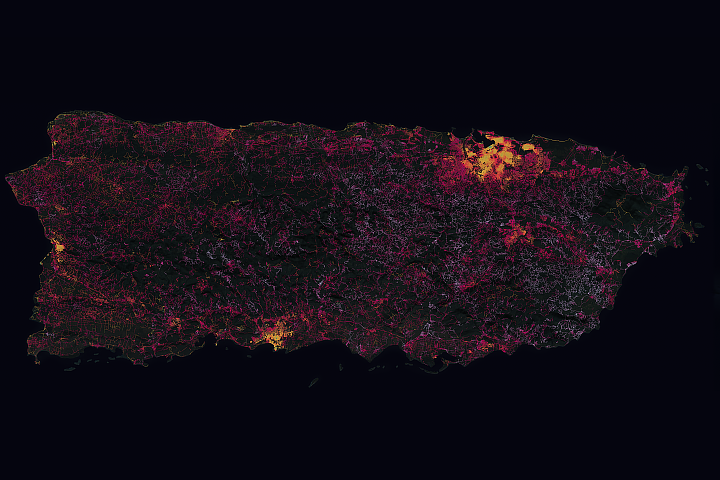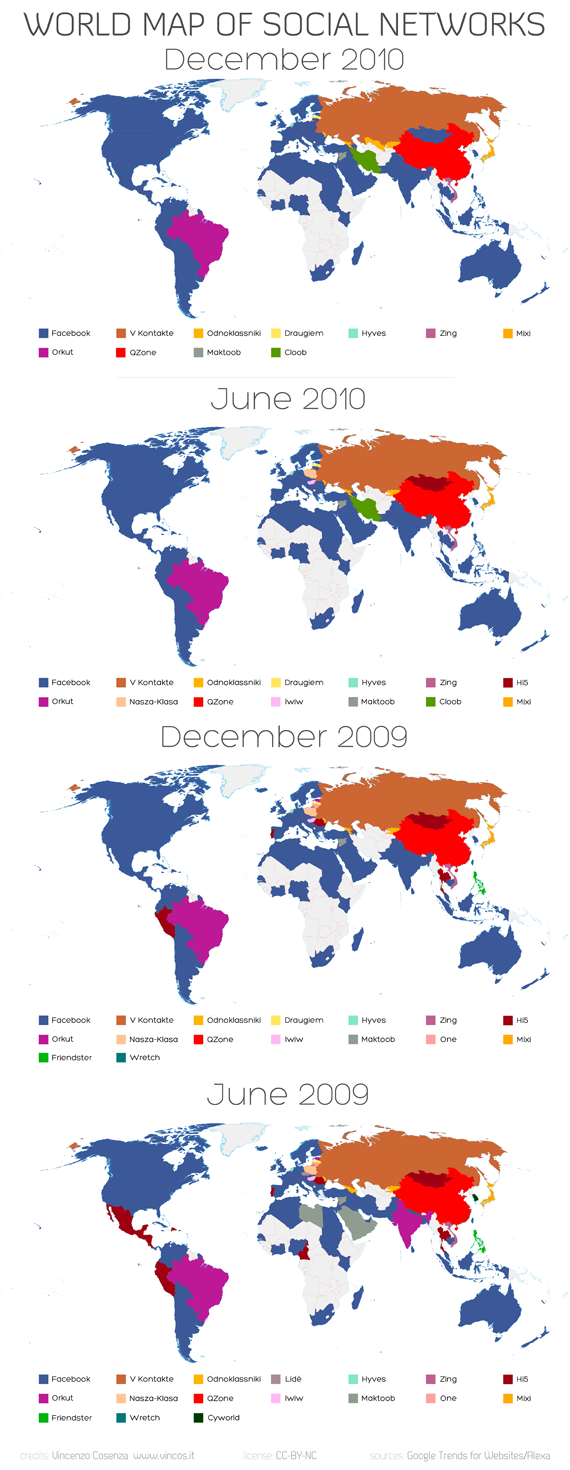.
Eis o original: é mais forte que a sacarinada tradução de bandidos por foras-da-lei
http://www.timesonline.co.uk/article/0,,11069-1855418,00.html
.
.
Bush heads into bandit country
By Gerard Baker, US Editor
03/11/2005
.
Today the embattled President arrives in South America, which has become yet another foreign policy headache after Iraq. Our correspondent says Bush is disliked there more than anywhere outside the Arab world
.
.
WHEN George W. Bush came to Washington five years ago — before 9/11, the Iraq war and his bold plan to remake the Middle East — he had one overriding foreign policy interest: Latin America.
.
As Governor of Texas he had enjoyed warm relations with Mexican governments. He spoke Spanish (after a fashion) and had campaigned in the 2000 election in part on improving US relations within the hemisphere, where many governments had been disappointed by what they saw as the Clinton Administration’s neglect.
.
In an unusual move, within a month of taking office in January 2001 Mr Bush made Mexico the destination of his first overseas trip as President. On September 5 that year, a week before the world changed, the first state dinner he hosted at the White House was for President Fox of Mexico.
.
That was then. Now Latin America is just another headache on Mr Bush’s onerous foreign policy agenda. He is disliked more there than perhaps anywhere outside the Arab world. A poll last week for Latinobarómetro, a Chile-based polling organisation, found that in every single South American country favourable impressions of the US have declined sharply in the five years of Mr Bush’s presidency. To his chagrin, his approval ratings in the region trail those of Hugo Chávez, the rumbustious President of Venezuela who has made himself popular mainly by the vigour of his anti-Bush rhetoric.
.
Across the region political winds are much less favourable to the US than at any time since the continent emerged from the darkness of dictatorship in the 1990s. So it is an inauspicious moment for Mr Bush to be making his first visit to the largest South American countries and attending a meeting of the leaders of the hemisphere, including Señor Chávez.
.
He arrives in Argentina today for the triennial Summit of the Americas in Mar del Plata. At the weekend he visits Brazil and then makes a brief stopover in Panama on the way back to Washington early next week.
.
He arrives in Argentina today for the triennial Summit of the Americas in Mar del Plata. At the weekend he visits Brazil and then makes a brief stopover in Panama on the way back to Washington early next week.
.
As he prepared for the trip, the President was on his best diplomatic form. He told reporters from Latin American newspapers: “I’ve never been to Argentina. I’m looking forward to going . . . I hear it’s a spectacular country . . . I ’m looking forward to going to Brazil. And I’ve never been to Panama. So this will be a great experience for me to continue visiting these magnificent countries in our neighborhood.”
.
.
He will need more than Texan charm to make his trip a success, however. In Argentina and Brazil official events will be overshadowed by massive anti-Bush protests. The footballer Diego Maradona will lead the demonstrations in Mar del Plata.
.
.
Mr Bush’s problems in Latin America are in some ways no different from those he encounters almost everywhere in the world. His portrayal in the Latin American media as a unilateralist, war-mongering, half-witted religious bigot would be instantly recognisable to viewers and readers of television and newspapers in Europe or the Middle East.
.
.
But in this region, that image is overlaid with historical vestiges of powerful anti-American sentiment, a traditional mistrust of Yankee power laced with a lingering fear — in the past, at least, justified — of covert US activity aimed at toppling domestic governments.
.
.
These historical currents have been joined by a widening divergence between North and South America over economics. The success of President Kirchner’s pro-growth policies in Argentina, in defiance of the US Treasury’s and IMF’s strictures about sound fiscal and monetary policy, has fuelled a slightly mesmerising and unfamiliar sense of empowerment against the American behemoth. In Brazil, President Lula da Silva, though currently hurt by scandals, has also pursued a left-wing economic agenda. This growing willingness to stand up to the US is reflected in hostility towards US proposals for a Free Trade Area of the Americas.
.
The US and South American countries have been unable to agree on a communiqué for the summit meeting, with Señor Chávez leading resistance to a US-backed call for freer markets and freer trade in the region.
.
.
All this turbulence represents an irony for Mr Bush. The President has made the promotion of democracy around the world the main aim of his foreign policy. But with the exception of America’s 50-year-old nemesis, Cuba, whose leader, Fidel Castro, is not invited to the summit, Latin America is wholly democratic. And yet relations between Washington and its neighbours to the south are much more complex and fraught now than they were when the US had reliable dictators as friends throughout the region.
..














No comments:
Post a Comment